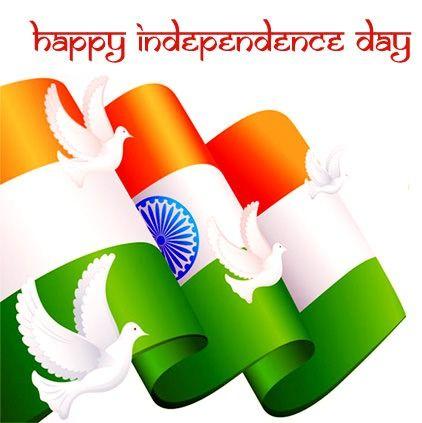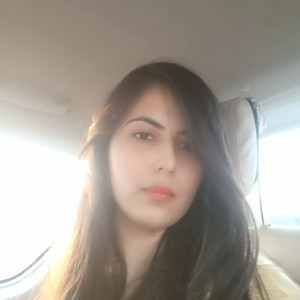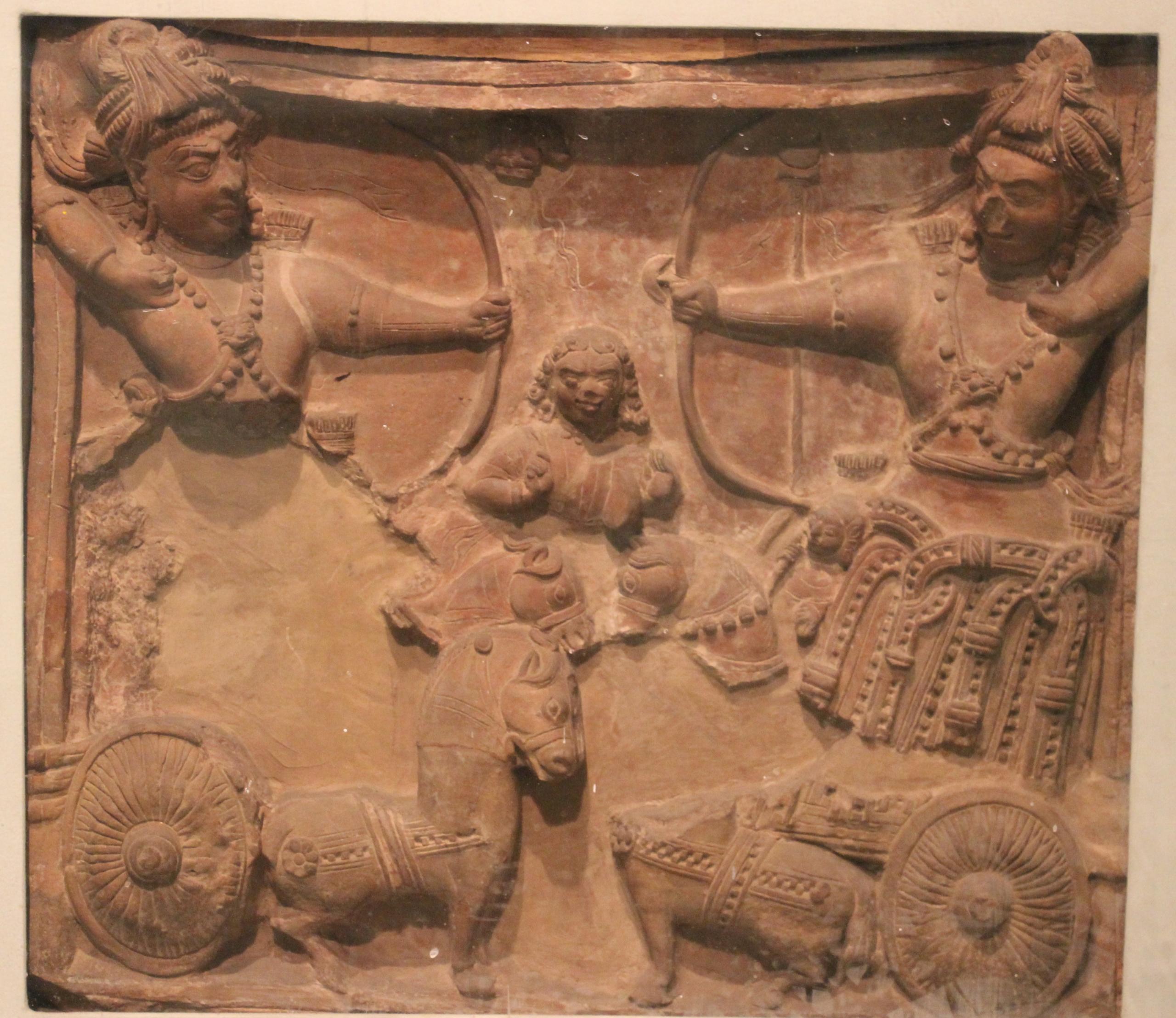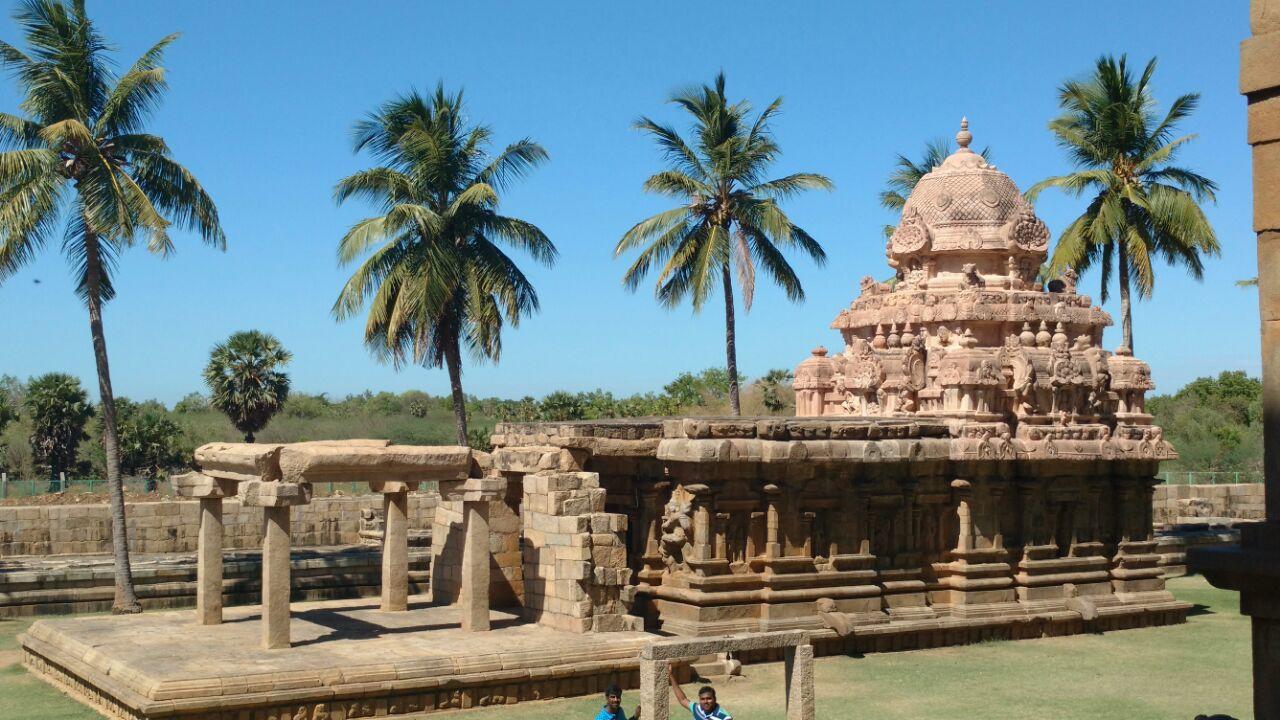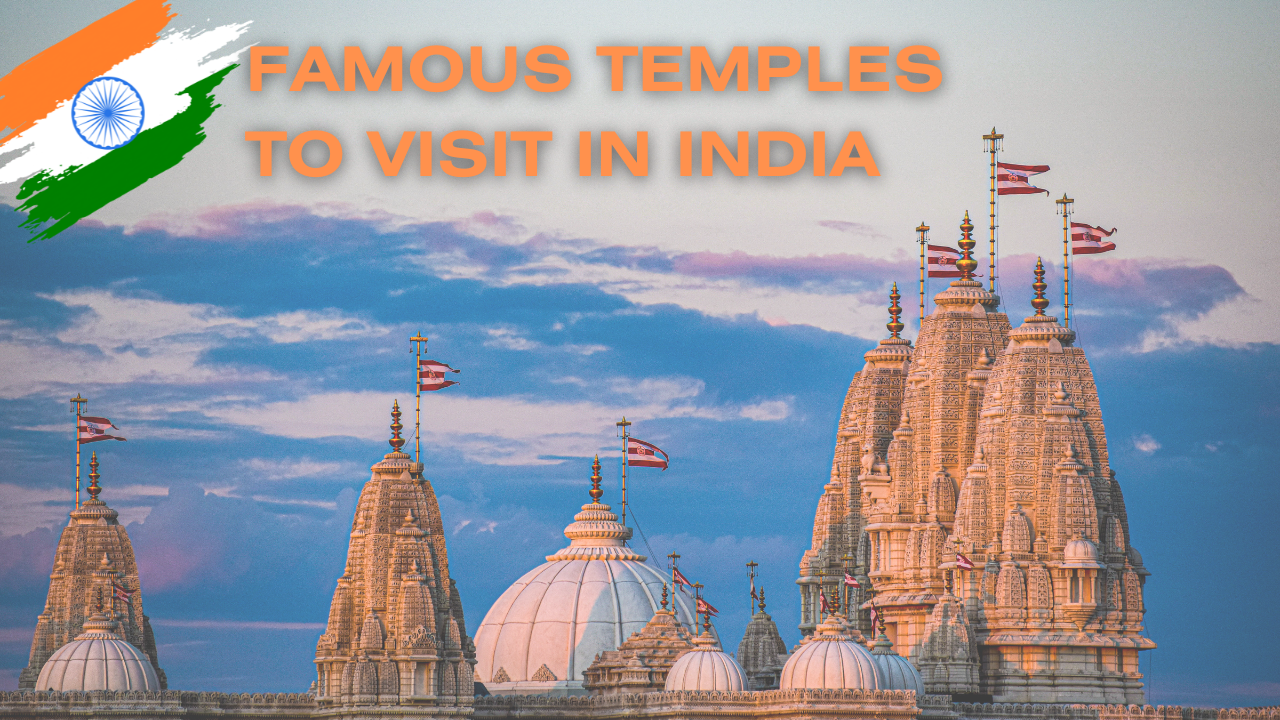Indian Independence Day is a momentous occasion where the citizens of India gather to commemorate our well-earned liberty, solidarity, and the vibrant essence of our nation. India prepares for the 78th commemoration of Independence Day on August 15th, 2024. During Independence Day, individuals around India participate in several festivities. The day commences with flag-hoisting rituals, prominently exhibiting the national flag. In addition, there are parades and cultural activities that exhibit India's abundant past and solidarity.
Independence Day is an occasion that evokes feelings of both pride and introspection. This is a chance to pay tribute and commemorate the selfless acts of numerous individuals who fought for the independence of India. The celebrations and events on this day allow us to acknowledge and value the independence achieved with great effort and the advancements our nation has made since that time.
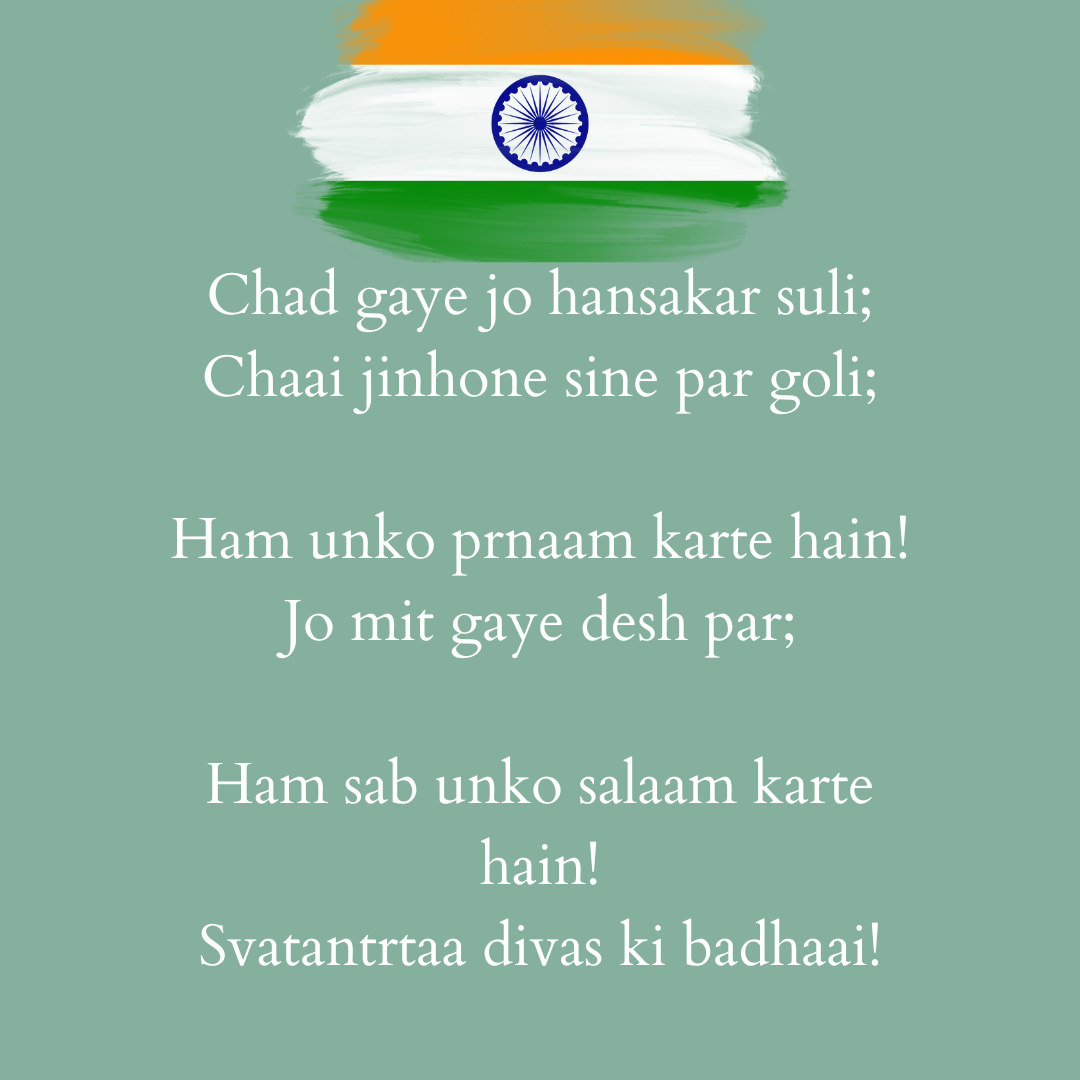

History of India's Independence Day
Out of the many events, tragedies, campaigns, and movements that contributed to the progress of the fight for independence, a select handful stand out as especially significant. Here are five crucial times.
The Indian National Congress was formed as a result of a meeting organized by British civil servant Allan Octavian Hume in December 1884. Hume and 17 other persons participated in this meeting, which took place in Madras. The Indian National Congress (INC) was formed as a result of this assembly. The Indian National Congress (INC) was founded on 28 December 1885 to create a forum for educated Indians to participate in political deliberations with the British government. Originally limited in scope, it gradually transformed into a pervasive movement and political party that symbolized the fight for independence. This led to the emergence of numerous influential individuals, including Mahatma Gandhi, the esteemed national leader, and Jawaharlal Nehru, India's first prime minister.
The Jallianwala Bagh massacre denotes the merciless slaughter of defenseless Indian individuals, including males, females, and minors, at Jallianwala Bagh located in Punjab. The public was profoundly appalled by this episode, which exposed the British Raj as a brutal occupying power that showed less regard for the lives of the people under its control. After World War 1, there was a significant rise in hostility towards British rule, as the imperial power showed unwillingness to grant control to the Indian populace.
In April 1919, there was extensive unrest in Punjab, prompting the authorities to ban public gatherings. Brigadier General REH Dyer was tasked with the mission of restoring control. On April 13th, he ordered his forces to commence shooting at a gathering of around 10,000 individuals who were unarmed and had gathered at Jallianwala Bagh in Amritsar. The precise number of fatalities is a matter of contention, however, it is estimated that several hundred people died, with perhaps 2,000 persons losing their lives according to various figures. The deeds of Dyer caused widespread disgust and convinced many Indians that British rule should be ended.
The Non-Cooperation movement (1920-22), instigated by Mahatma Gandhi, was an early and extensive campaign to attain swaraj, denoting self-rule for all Indians. Indians, inspired by Gandhi's principles of satyagraha and organized civil disobedience, participated in a comprehensive boycott of all British-controlled institutions. This included colleges, and courts, surrendering their titles, and refusing to pay taxes. Although it fell short of accomplishing all its objectives, it ignited a wave of enthusiasm among significant portions of the Indian populace, who, for the first time, grasped the essence of a modern political movement.
The Non-Cooperation movement (1920-22), instigated by Mahatma Gandhi, was an early and extensive campaign to attain swaraj, denoting self-rule for all Indians. Indians, inspired by Gandhi's principles of satyagraha and organized civil disobedience, participated in a comprehensive boycott of all British-controlled institutions.
This included colleges, and courts, surrendering their titles, and refusing to pay taxes. Although it fell short of accomplishing all its objectives, it ignited a wave of enthusiasm among significant portions of the Indian populace, who, for the first time, grasped the essence of a modern political movement.
The Dandi March was a calculated maneuver orchestrated by Mahatma Gandhi, who started the momentous march from Sabarmati Ashram in Gujarat to the coastal town of Dandi on 12 March 1930. The objective of this march was to demonstrate opposition to the high salt price imposed by the British on a vital product. Nevertheless, the Salt March, often referred to as the Dandi March, had a broader scope of opposition beyond only the salt levy. Gandhi's 24-day march, which involved the involvement of tens of thousands of citizens, became one of the most momentous acts of civil disobedience in global history. Consequently, there was a broad resistance to the colonial rule that persisted over time.
Subhas Chandra Bose, a significant participant in the Indian independence movement, is well-known for his leadership of the Azad Hind Fauj, often called the Indian National Army (INA), which was formed in 1942. Bose played a pivotal role in challenging the British colonial rule in India. Bose and his brave allies cooperated with the Japanese to oust the British. Historians hold divergent viewpoints about the tangible military impact of the INA in combat. Nevertheless, it is largely accepted that Britain realized the unavoidable result, especially during the Red Fort trials in 1945, which greatly altered public opinion against the administration. By the middle of 1946, the British authorities had gained knowledge that Indian troops were growing more discontented, and it was evident that complete independence could no longer be delayed or refused.
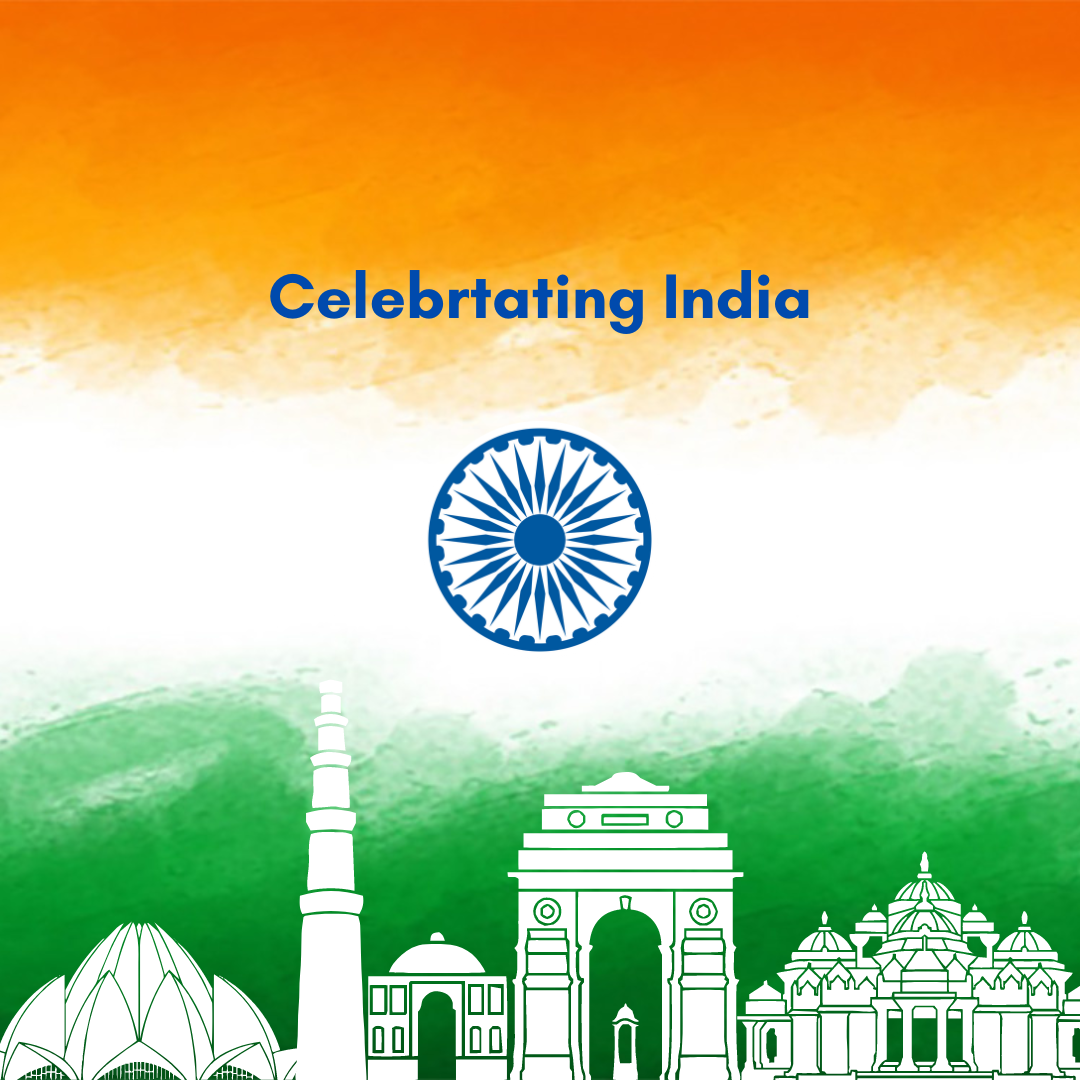
Independence Day Celebrations at Red Fort, Delhi
WE, THE PEOPLE OF INDIA, having solemnly resolved to constitute
India into a SOVEREIGN SOCIALIST SECULAR DEMOCRATIC REPUBLIC and to secure to all its citizens:
JUSTICE, social, economic and political;
LIBERTY of thought, expression, belief, faith and worship;
EQUALITY of status and of opportunity;
and to promote among them all
FRATERNITY assuring the dignity of the individual and the unity and integrity of the Nation;
IN OUR CONSTITUENT ASSEMBLY this twenty-sixth day of November, 1949, do HEREBY ADOPT, ENACT AND GIVE TO
OURSELVES THIS CONSTITUTION.
Every year, the Indian Prime Minister hoists the Indian flag at the Red Fort on Independence Day. Following that, the esteemed Prime Minister delivers a speech expressing appreciation to the citizens of India, acknowledging their sacrifices, achievements, challenges, and the government's vision for the nation. Hoisting the national flag signifies the advancement of the nation as an independent state and signifies the end of British rule. The ceremony conducted at the Red Fort serves as a method to honor and pay tribute to the freedom fighters who paid the supreme sacrifice to ensure India's independence.
The Independence Day celebration in the Red Fort features extraordinary cultural performances by artists from many parts of the nation. The performances exhibit the diverse cultural heritage of India via dance, music, and several other traditional art forms. These performances provide a lively and patriotic ambiance that enhances the celebratory mood of the event.
The Red Fort gained importance during the trials of the Indian National Army (INA), where INA officers were convicted of treason. These trials evoked sentiments of nationalism and consolidated the Red Fort as an emblem of resistance against British oppression. As India approached independence, Nehru's decision to hoist the national flag at the Red Fort in 1947 symbolized the reclaiming of this important site from British colonial rule. It represented India's assertion of its sovereignty and the culmination of its struggle for independence.
Memorable Independence Day Speeches
Throughout the years, August 15 has witnessed the delivery of impactful speeches by significant freedom fighters and leaders, igniting a profound feeling of patriotism in the nation. Below are a few notable speeches made on August 15th that inspired a full nation.
Jawaharlal Nehru | 1947
“Long years ago we made a tryst with destiny, and now the time comes when we shall redeem our pledge, not wholly or in full measure, but very substantially. At the stroke of the midnight hour, when the world sleeps, India will awake to life and freedom." Jawaharlal Nehru, the first Prime Minister of India, delivered this speech at the stroke of midnight on August 14, marking the commencement of India's autonomy. “A moment comes, which comes but rarely in history, when we step out from the old to the new when an age ends, and when the soul of a nation, long suppressed, finds utterance. It is fitting that at this solemn moment, we take the pledge of dedication to the service of India and her people and to the still larger cause of humanity.”
Indira Gandhi | 1966
“If we have achieved independence, we should not rest peacefully that we have now achieved independence. We always have to struggle to maintain it. We have to protect this flame of independence from every storm, from every gust of wind, we have to save it with our hard work.”
Rajiv Gandhi | 1982
“Being an Indian does not mean we are mere inhabitants of the country… We have a diversity of cultures. We belong to different religions- Hindus, Muslims, Sikhs, Christians, Jains, Parsis and Buddhists… We accord equal respect to all faiths and religions. Our strength and unity flow from this fact. This is the only path we must follow, for our strength lies in our diversity.”
Atal Bihari Vajpayee | 1990
“Come, let us make India a nation of high achievers - in every sphere. In business and economy, in education, in science and technology, in arts and culture, and also in sports. Let us make India synonymous with 'achievement', the achievement of the kind that can be benchmarked globally ... Today, speaking to a self-confident India, I declare: Sanctions have lost their effect. They have become a thing of the past. We have dealt with them in such a way that they hardly had any effect on our economy. We kept the Southeast Asian economic crisis at bay.” He further added, “Yes, the Government was brought down, but the country was not. It continued to march ahead, fulfilling the mantra of Charaiveti, Charaiveti (Move on, Move on). The Government continued to discharge its duty.”
Manmohan Singh | 2013
“I am aware of the differences of opinion on some aspects of the bill. Those who don't agree with this bill can put forward their views to Parliament, political parties, and even the press. However, I also believe they should not resort to hunger strikes and fasts unto death." During his speech in 2013, he addressed several topics ranging from the Uttarakhand crisis to the economic situation.
“Today is certainly a day of joy for us. But on this celebration of independence, we also feel pain in our hearts that our brothers and sisters in Uttarakhand had to face devastation about two months back. Our deepest sympathies are with all the families that suffered the loss of life or property. We are also deeply pained that we lost the submarine, INS Sindurakshak in an accident yesterday. Brothers and Sisters, We achieved independence in 1947 under the leadership of Mahatma Gandhi. If we look at our subsequent journey, we would find that our country has seen major changes every ten years."

Inspirational Independence Day Quotes
Independence Day is a time to reflect on the sacrifices made by our freedom fighters and honor the freedom we presently enjoy. Below is a curated collection of motivational quotes to honor this significant occasion.
| Mahatma Gandhi: “Freedom is never dear at any price. It is the breath of life. What would a man not pay for living?” |
| B. R. Ambedkar: “We are Indians, firstly and lastly.” |
| Jawaharlal Nehru: “At the stroke of the midnight hour, when the world sleeps, India will awake to life and freedom.” |
| Nelson Mandela: “It always seems impossible until it’s done.” |
| Sardar Vallabhbhai Patel: “Every citizen of India must remember that he is an Indian and he has every right in this country but with certain duties.” |
| Subhas Chandra Bose: “Give me blood, and I shall give you freedom!” |
| Rabindranath Tagore: “Where the mind is without fear and the head is held high; where knowledge is free.” |
| Bal Gangadhar Tilak: “Swaraj is my birthright and I shall have it.” |
| Indira Gandhi: “The power to question is the basis of all human progress.” |
| Dr. A.P.J. Abdul Kalam: “Freedom is not just about independence; it is about self-discovery and self-realization.” |
| Lal Bahadur Shastri: “We believe in peace and peaceful development, not only for ourselves but for people all over the world.” |
| Bhagat Singh: “They may kill me, but they cannot kill my ideas. They can crush my body, but they will not be able to crush my spirit.” |
| Annie Besant: “Liberty is the breath of life to nations.” |
| Tenzin Gyatso (14th Dalai Lama): “In the practice of tolerance, one’s enemy is the best teacher.” |
Independence Day Messages You Can Send To Fellow Indians!
- Wishing you a Happy Independence Day 2024! May the tricolor always fly high and our nation continue to prosper.
- Happy Independence Day! Let’s honor the brave heroes who made our freedom possible.
- On this Independence Day, may our dreams for a brighter tomorrow come true! Enjoy a day filled with patriotic spirit.
- May the spirit of Independence Day be with us forever. Wishing you a joyful Independence Day!
- Happy Independence Day! Let’s celebrate our freedom and the glory of our nation.
- United we stand, proud we rise. Have a day full of pride, honor, and joy. Happy Independence Day!
- Celebrating the pride and freedom of being an Indian. Happy Independence Day!
- Sending warm wishes on this Independence Day. Let’s salute our great nation!
- Today we honor the freedom fighters who sacrificed their lives for our country. Happy Independence Day!
- May our country continue to flourish and celebrate many more years of independence. Happy Independence Day to all!
- Proud to be an Indian. Wishing you a Happy Independence Day!
- On this day, let’s remember and honor the sacrifices that made our freedom possible. Happy Independence Day!
- Celebrating the freedom and glory of our nation with pride. Happy Independence Day!
- Let’s pledge to protect the peace and unity of our great nation. Happy Independence Day!
- Freedom is a hard-won gift, and we are blessed to have it. Let’s appreciate and celebrate our freedom. Happy Independence Day!
To every proud Indian, on behalf of everyone at Superprof, we wish you a very happy Independence day!
Let's celebrate our country, our motherland together!
Summarise with AI:

